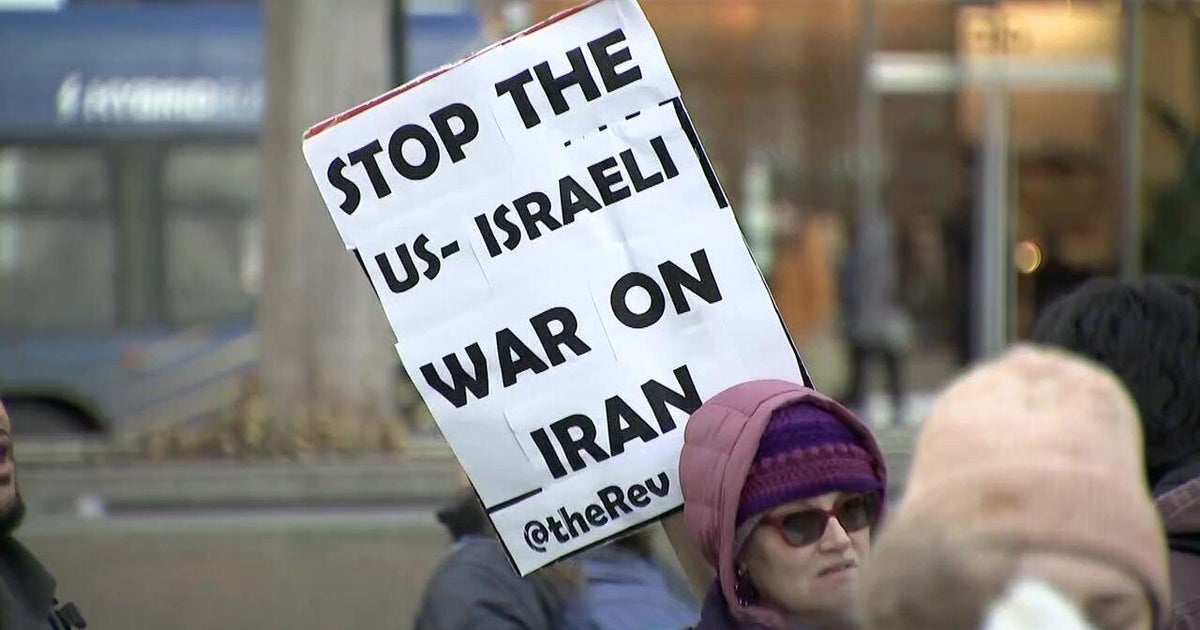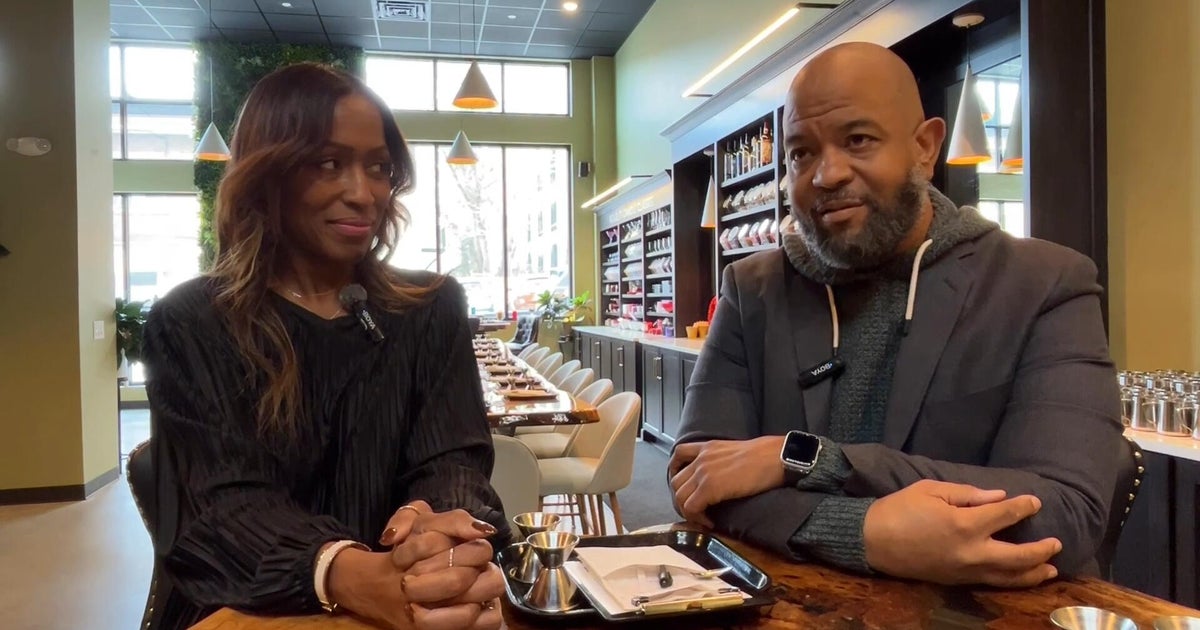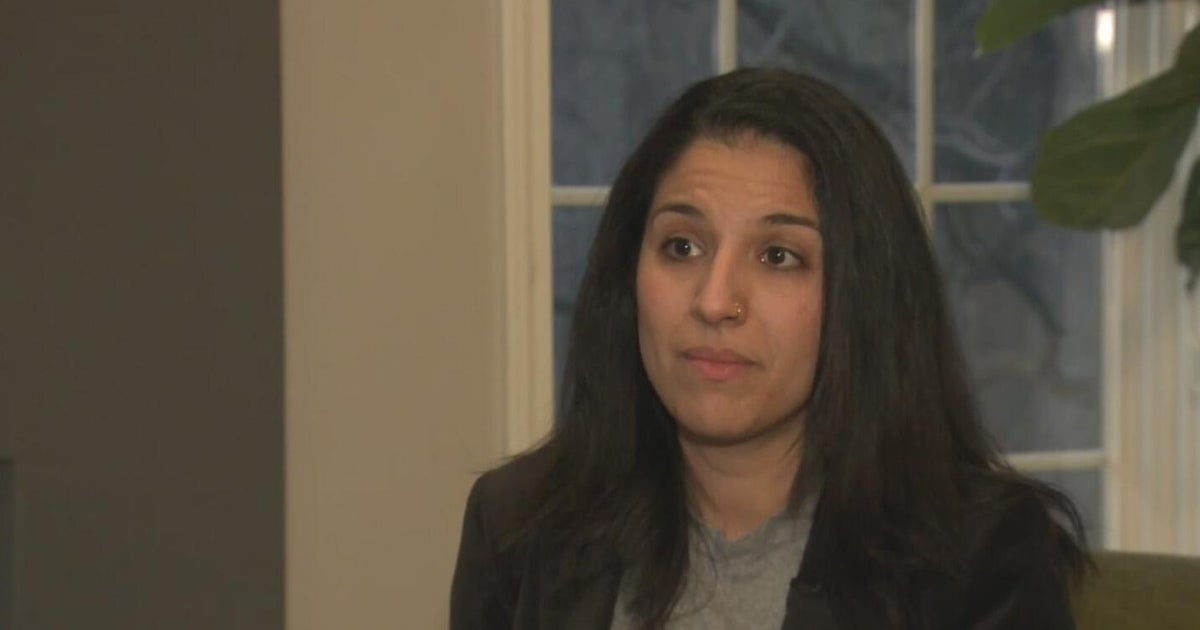Esme's Blog: Stereotyping Minnesota's Somali Community
This week, as network television crews descended on the Twin Cities to report on the still unconfirmed Minnesota connection to the Kenyan mall attack, young Somalis, most of them American citizens, felt they were being seen, just because of their ethnicity, as supporters of the terror group al-Shabaab.
Reporters interrupted basketball games asking teen and young adults if they would ever leave to fight for the group. The answer community leaders said this week is "no."
But no one knows how many young Minnesotans have left to do just that. Law enforcement puts the number at 20, unofficial counts say it could be as high as 60. What is clear this week is that from every sector of Minnesota's Somali community, from mosques to neighborhood centers, al-Shabaab was universally denounced.
What is striking is that the community leaders all said essentially the same things. They say that in 2008, when most of the documented cases of young men leaving occurred, the departures came as a shock. The notion that a terror group could lure the children of refugees from violent civil wars back into a war zone was baffling to so many in the Somali community.
Back then, Somali leaders in Minnesota shied away from speaking out. Not this week. Everyday they told reporters they work to get the message out that al-Shabaab does not represent the values of Islam, that al-Shabaab lies to young recruits about what life will be like back in Somalia.
They insist it is only the most vulnerable, isolated young men who will be lured by the group's propaganda. Yet these same leaders admit they are bracing for the possibility that someone with Minnesota ties may well end up as being involved in the Kenyan attack. And if that happens, they are just hoping that people will not label an entire community with the terror label.
Yes, some young Minnesotans have left to fight alongside al-Shebaab. But community leaders insist that is far less than one percent of the young Somali population here. And as they continue to preach of the dangers of al-Shabaab, they say they are hoping one day, that no young man will ever consider forsaking the possibilities of an American future for the violence and lawlessness of terrorism in Somalia.







